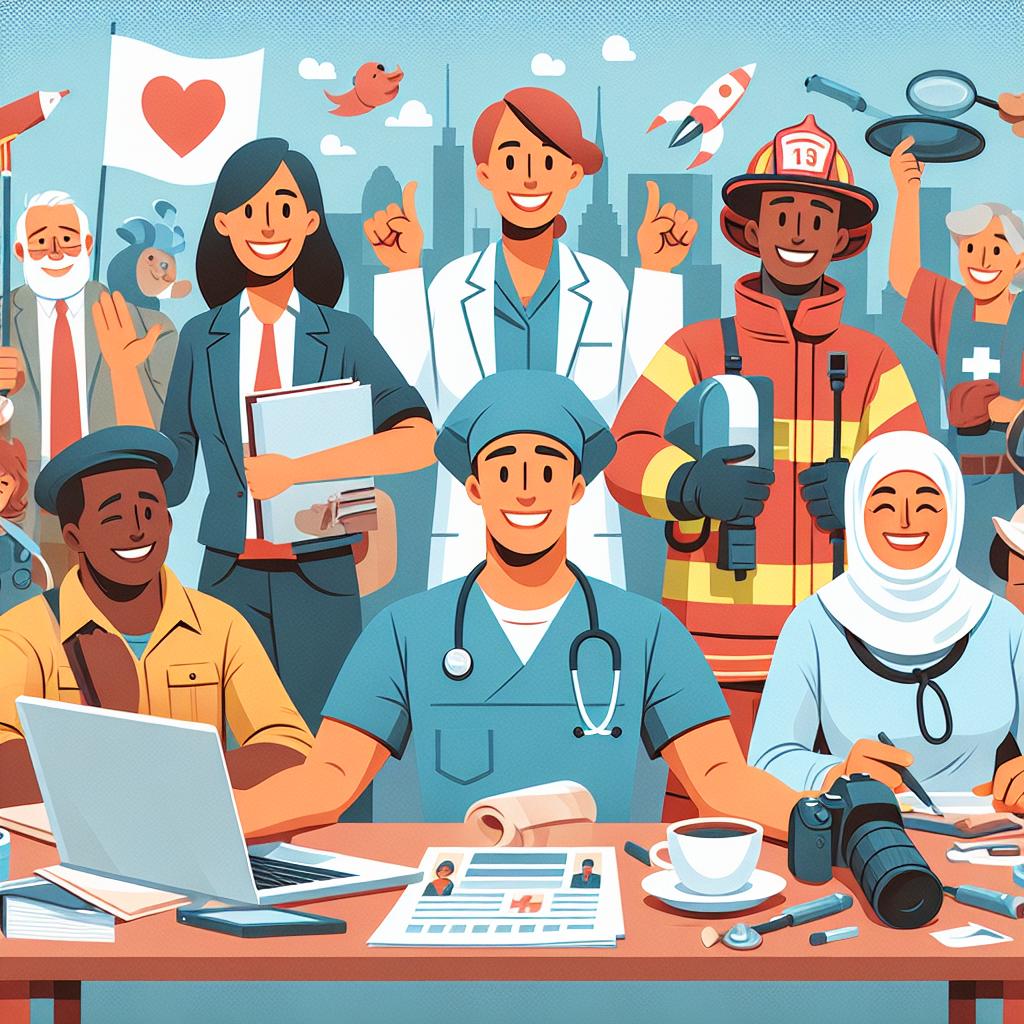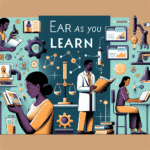Every Wondered What is the Best Occupation In The World? It’s a question people ask at career fairs, over coffee, and at milestone birthdays. The truth is there’s no single correct answer that fits everyone; the “best” work combines personal values, practical needs, and the social context people live in. This article explores what makes an occupation outstanding, how to evaluate career options, and practical steps to move toward work that feels meaningful and sustainable.
What’s the Best Job in the World? A practical framing
Asking what makes a job exceptional helps shift the conversation from chasing prestige to evaluating fit. Key dimensions include autonomy, income stability, social impact, growth opportunities, and alignment with personal strengths. Consider these factors as ingredients rather than strict rules: one person’s ideal balance of creativity and flexibility might be another’s recipe for instability.
Core elements that define a great occupation
When people describe their happiest work experiences, common themes emerge. A fulfilling role often offers:
- Purpose: work that feels consequential or aligns with personal values.
- Competence and mastery: tasks that match and stretch your skills.
- Autonomy: the freedom to make meaningful decisions about how work is done.
- Fair compensation and security: predictable pay and reasonable benefits.
- Work-life balance: boundaries that protect personal time and health.
How different careers score on satisfaction
Some professions consistently report high well-being—educators, healthcare workers, researchers, and skilled tradespeople often cite meaningful interactions and tangible results as major satisfiers. Others prioritize income and status, such as certain roles in law or finance, which can deliver financial rewards but sometimes demand personal sacrifices. The point isn’t ranking jobs universally, but recognizing patterns so you can prioritize what matters most to you.
Weighing external indicators and internal rewards
External prestige and salary are easier to measure than intrinsic rewards like purpose or daily enjoyment. Use both objective data (market demand, wage statistics) and subjective signals (how energized you feel after a day’s work). For reliable data on job markets and wages, governmental and research sources can help you understand long-term trends and stability in particular fields. For example, international research on worker well-being and health provides context for how workplace conditions affect mental health and productivity; see credible research for more on that connection.
Practical steps to approach career decisions:
- List your non-negotiables (e.g., hours, location, salary floor).
- Identify strengths and transferable skills.
- Test options through short projects, volunteering, or part-time roles.
- Speak with people in roles you’re curious about—informational interviews reveal realities beyond job descriptions.
- Plan transitions that preserve financial stability while you upskill.
If you want detailed guidance on evaluating opportunities or structured exercises to explore fit, check out this practical resource for career exploration and planning.
Choosing a path doesn’t lock you in forever. Many people follow winding careers, switching as priorities and markets change. Embrace iteration: treat your career as a series of experiments rather than a single life-defining choice.
Balancing passion, skills, and market reality
Pursuing passion is valuable when paired with a realistic assessment of demand and skill development. A passion without a skills plan or market awareness can become frustrating; conversely, a stable job without engagement can erode well-being. The most resilient occupations combine personal interest, practiced competence, and a reliable demand stream.
Final thoughts: design your best occupation
The best occupation in the world is less about a job title and more about a configuration that meets your financial needs, nurtures your strengths, and sustains your mental and physical health. Regularly revisiting those priorities helps you adjust as life changes.
Explore more career resources and planning tips
FAQ
How do I start if I don’t know my strengths?
Begin with short experiments: online courses, volunteer roles, or small freelance projects. Use feedback and reflection to spot recurring patterns of enjoyment and competence. Personality and skills inventories can help, but real-world practice is often the fastest teacher.
Are high-paying jobs usually more satisfying?
Not necessarily. Higher pay can reduce stress and expand options, but satisfaction also depends on daily tasks, purpose, relationships, and autonomy. Prioritize a mix of fair compensation and meaningful work for long-term well-being.
For authoritative information on workplace mental health and policies that support well-being, see the World Health Organization’s overview on mental health and work.



